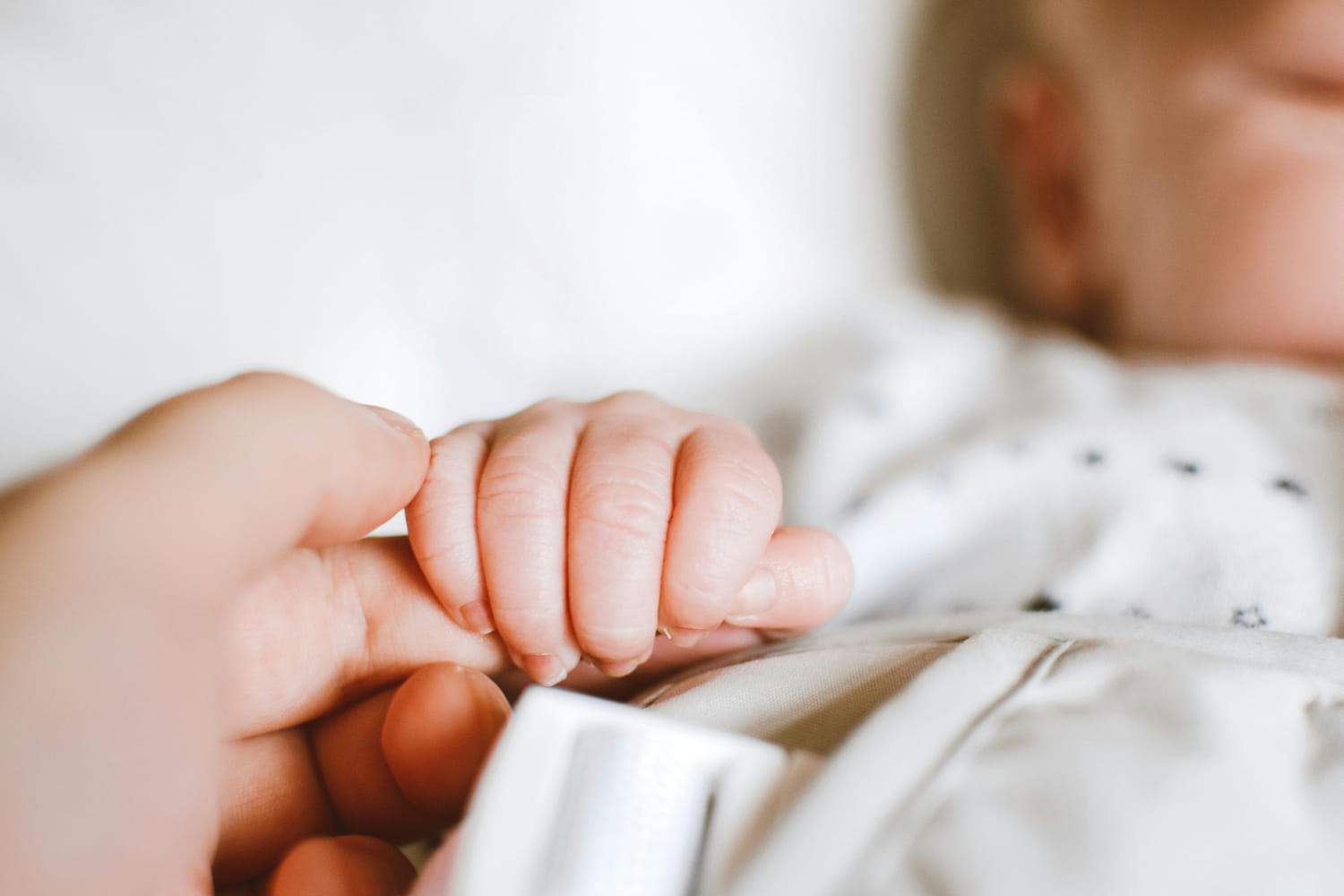Kevin, Houda, Sophie, Amaya, Gabriel, all the first names tell a story. And they say much more about us (and our parents!) than we imagine.
Choosing a child’s first name is obvious for some parents. While others hesitate until the last moment. But in either case, a first name is never chosen at random. It carries hopes, memories, expectations, unconscious representations. The first name is a distinctive sign that says a lot about the environment in which the child comes into the world, but can also influence his or her life choices.
Joseph Agostini, psychologist and author of “And they called me Kevin… What names say about us” (Hugo New Life, 2024), distinguishes three major trends. “There is the first name gratitude, family, which expresses loyalty to a parent or a grandparent. The fashionable first name, like at the moment Alma or Raphaël, chosen to be part of the trend. And finally the all-purpose first name, which we want to be as normal as possible so as not to make waves“, explains the specialist. But giving the first name of an ancestor is not without consequences. “It’s good to pay homage, but you have to be careful with these phantom first names, which can carry a heavy story. Giving a child the same first name as a deceased person means something. And it’s obviously different when it comes to a grandfather who died at 95, or a child who died in an accident. On a symbolic level, the child is made to carry the weight of a ghost“, explains Joseph Agostini.
As for the choice of a very popular first name, it is also interesting. “Parents want the child to be called like the others, because it’s the fashionable first name, but they also want to distinguish him from the others. They want the child to be standard, but not too much. Besides, when a first name is used too much, it ends up dying out. This is the case with the first name Kevin for example“, explains Joseph Agostini. Be careful of course when choosing a first name that is too original, which can really harm the child. “There is the dream child for 9 months, and reality. A first name that is too marginal can cause significant conflicts when the child grows up, particularly during adolescence. The choice of a first name must be an alloy of originality and infinite respect“, recalls the psychologist. First names with very convoluted spellings, which did not exist in the 90s, are very popular today.
A first name is obviously a social marker. “When someone is called Marie-Constance, Victoire, Hector, we know that this person comes from a privileged background. It’s the same thing with very literary first names, like Solal, which we don’t find in the working classes. Conversely, there is no Dylan or Leny in intellectual classes“, observes Joseph Agostini.
But a first name can also say what job you do. “It’s easy to imagine that a Julie or a Sophie is a nice girl, who has a beautiful smile and works in communications. A catch-all first name is practical when you’re looking for a job or accommodation.” which is not the case for all first names, explains Joseph Agostini. Stereotypes regarding the first name we have unfortunately still die hard…


